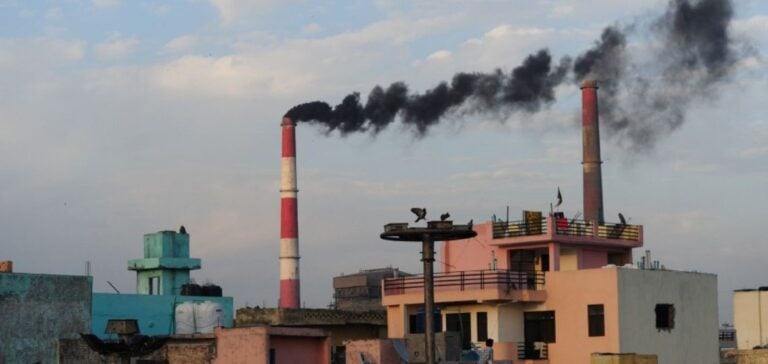India is taking significant steps to reduce its dependence on coal imports, in the current context of price volatility on the international market. The inter-ministerial committee’s report proposes a strategic transition to the use of domestic coal, highlighting the need to modify the boiler designs of power plants based on imported coal. The aim is to make these plants compatible with Indian thermal coal specifications. Such a modification, though complex, is seen as an investment in long-term energy stability. This bypasses the fluctuations of international markets and ensures greater cost predictability for consumers.
Tax Policy and Economic Incentives
The report also calls for a forward-looking review of the tax structure applicable to coal. In view of the significant difference between the calorific values of imported and locally produced coal, a proposal to readjust the GST tax on coal is under consideration. This measure would have the dual aim of discouraging imports of high-calorific coal, while making domestic coal more competitive. With this approach, the Indian government is seeking to rebalance the economic playing field in favor of domestic production, while at the same time directly addressing the environmental problems associated with the use of fossil fuels.
Strengthening energy autonomy
The strategy of replacing coal imports is part of an overall vision of energy self-sufficiency. With domestic coal production having already passed the 900 million tonne mark this fiscal year, and an ambitious target of 1 billion tonnes on the horizon, India is equipping itself with the means to match its ambitions. At the heart of this strategy is the improvement of coal logistics, through the development of a multimodal transport network, and the accelerated operationalization of commercial and captive coal blocks. These efforts are aimed at minimizing logistics costs and ensuring efficient coal distribution across the country. This reduces any bottlenecks that could hinder progress towards energy autonomy.
India’s energy demand is growing exponentially, with record consumption peaks anticipated. In this context, the adjustment of infrastructures and the strategic management of resources become paramount. Thus, the report encourages domestic coal-fired power plants to maximize the use of domestic coal, while providing for a measured integration of imported coal to make up for any logistical shortcomings.






















